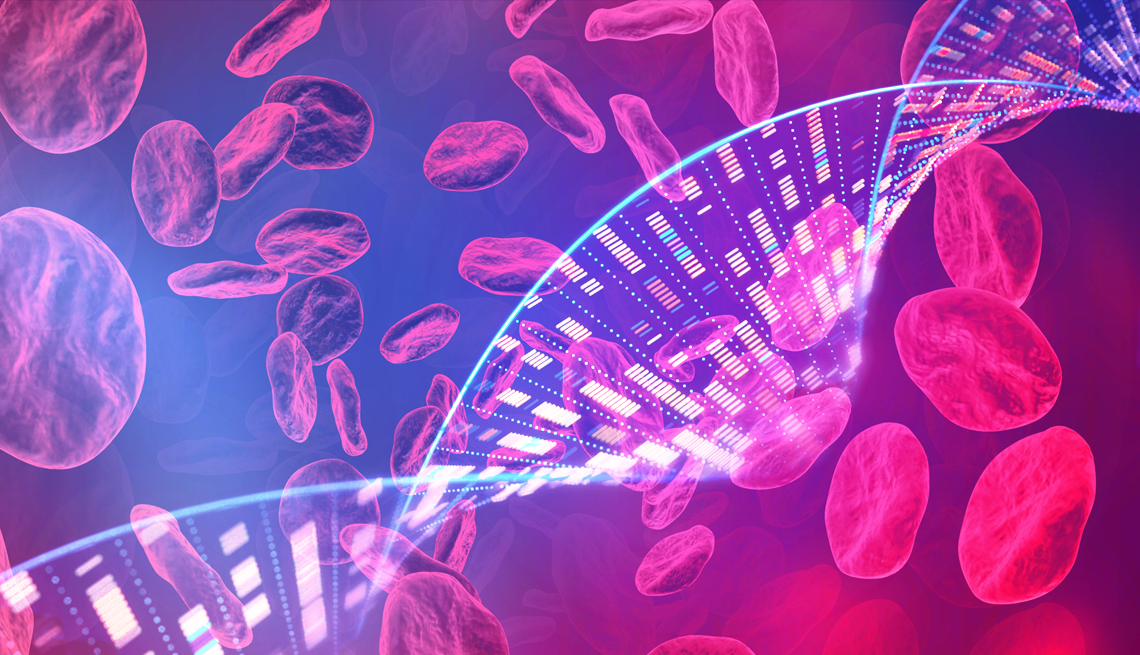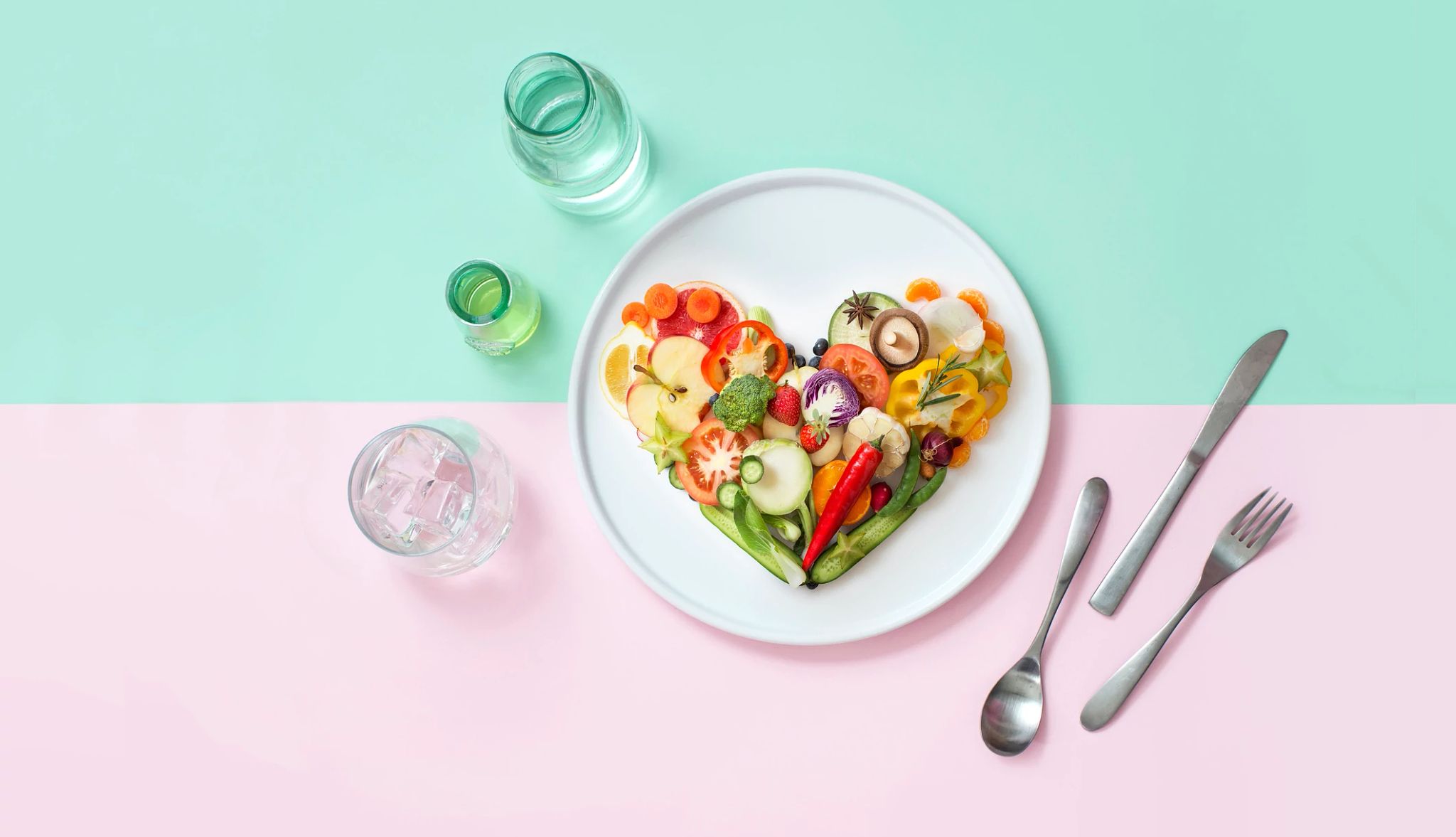AARP Hearing Center


High Blood Pressure Guide
- Symptoms, causes and tests
- Stages and types
- Treatment and prevention
- High blood pressure myths
- Alcohol and blood pressure
- Hypertension headache myths
- Smoking and high blood pressure
- Anxiety, stress and hypertension
- Is hypertension genetic?
- Medications that raise blood pressure
- Home blood pressure monitoring
- Surprising causes of hypertension
More than half of adults over 50 have high blood pressure. After 60, the vast majority of adults — a whopping three-quarters of them — have it. Your risk soars as you age. If you’ve looked around you and found that your parents and siblings have the condition, you may wonder if your genes raise your risk, too.
“Genetics does play an important role in the development of high blood pressure,” says Iftikhar Kullo, M.D., a cardiologist and professor of medicine, who researches the genetics of heart disease at Mayo Clinic in Rochester, Minnesota. “We often see it run in families.” But, he notes, families have a lot more in common than genes, and most of your genetic risk for high blood pressure can be overcome with healthy habits.
Is high blood pressure hereditary?
New research is finding that genes may play a bigger role in hypertension than previously believed.
What is Monogenic Hypertension?
For the vast majority of people whose genes play a role in their high blood pressure, multiple genes are to blame. That’s called polygenic hypertension. But for a small group of people with high blood pressure, one gene passed down from a parent is enough to cause the problem. Several possible genes can cause monogenic hypertension, also known as familial hypertension, but they are rare. Typically, this kind of high blood pressure develops much earlier in life than the more common polygenic hypertension. It may also be more severe and harder to treat.
“The field has really exploded, propelled by what you call genome-wide association studies,” Kullo says. This is when researchers analyze the whole genome — all the genes — of very large groups of people to make connections between certain gene variants and certain health conditions. A May 2024 genome-wide association study in Nature Genetics analyzed the genes of more than 1 million people of European heritage to find any gene variants that the people with high blood pressure might have in common. The study uncovered 113 gene variants associated with high blood pressure. In a large percentage, geneticists are able to pinpoint specific locations on our DNA that contribute to high blood pressure.
Some people don’t carry any gene variants known to raise risk for high blood pressure. Some carry one or a couple, and others carry many.
“If you have one variant, you might have a half a millimeter or 1 millimeter increase in blood pressure, so a pretty small effect,” Kullo says. But you can have more than one risk-associated gene variant, and many can add up to raise blood pressure more.
Using the gene variants discovered in this study, researchers can calculate your genetic risk for high blood pressure based on the number of risk-raising gene variants you have. It’s called a polygenic — meaning “many genes” — risk score. A test like this isn’t yet available in doctors’ offices.
Can high blood pressure run in families?
Families share a lot more than their genes. They may eat the same things and have similar lifestyles. Many of these factors, some of which you can change or control, could contribute to high blood pressure.
“If you grow up in a family that has a very high-sodium diet; a family that lives in a food desert, where you don’t have access to healthy foods; that lives in a high-pollution area; that lives in a psychologically stressful situation, your blood pressure is going to be high,” says Leslie Cho, M.D., director of the Women’s Cardiovascular Center and section head of preventive cardiology and rehabilitation at Cleveland Clinic in Cleveland.

































































More From AARP
6 Blood Pressure Myths, Debunked
The truth behind the foods, drinks and habits that affect your numbersMonitoring Your Blood Pressure at Home
Why it's so important and how to do it right
8 Major Health Risks for People 50 and Older
A look at the top killers — and how to dodge them
Recommended for You